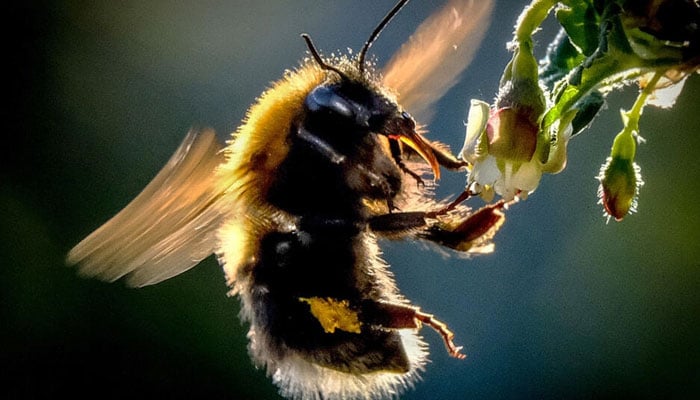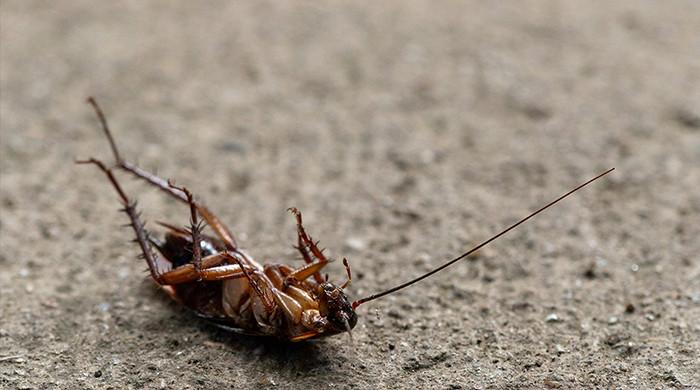Do you know bees and chimps exhibit cultural wisdom like humans?
bumblebees and chimpanzees possess the remarkable ability to learn complex skills through cultural evolution
Two separate studies unveil the extraordinary abilities of bumblebees and chimpanzees to pass on intricate skills to their youngs, once thought unique to humans.
Published in the journal Nature, these findings suggest a form of "cumulative culture" existing beyond the human realm, where skills are transmitted through generations, shaping the progress of species.
The bee study, led by researchers from Queen Mary University of London, delved into the world of bumblebees. These industrious insects, known for their pollination prowess, surprised scientists with their capacity for social learning and skill transmission.
Lars Chittka, a co-author of the study, emphasized the significance of cumulative culture, likening it to the essential human ability to learn from previous generations.
To test the bees' capabilities, a group of "demonstrator" bees was trained to solve a complex two-step puzzle box. The baffling challenge required pushing a blue tab followed by a red one to access a sugary reward. Astonishingly, when paired with "naive" bees, five out of fifteen swiftly replicated the intricate task without the need for a reward after the first stage. This marks a monumental achievement, with the researchers declaring it the first demonstration of cumulative culture in an invertebrate.
Meanwhile, a separate study at the Chimfunshi Wildlife Orphanage in Zambia explored the cognitive evolution of chimpanzees. Facing a more complex puzzle involving retrieving a wooden ball to release a peanut prize, the semi-wild chimpanzees initially struggled. However, after two demonstrator chimpanzees were trained, 14 "naive" chimps quickly mastered the challenging task. The study reveals a collective learning process among chimpanzees, emphasizing the transmission of skills through observation.
These groundbreaking studies challenge preconceptions about the exclusivity of cumulative culture to humans.
Alex Thornton, a professor of cognitive evolution at the University of Exeter, noted the small sample size but emphasized the clear message: these tasks were exceptionally difficult to learn alone, yet social learning facilitated their accomplishment.
-
'Who's it?' Late-night doorbell prank mystery ends with bizarre twist
-
When blue met green: Jaybirds create a one-of-a-kind hybrid
-
Australian scientists grapple with 'despicable' butterfly heist
-
Floods from Koh-e-Suleman bring 2,000-year-old coins to Punjab
-
Octopus boom triggers ‘perfect storm’ for Britain’s shellfish trade
-
Cambridge can’t escape ‘skibidi’ as Gen Z slang adds 6,000 fresh entries
-
Italian Brainrot: The AI memes only kids know
-
Nasa's Curiosity rover discovers coral-like rock on Mars












